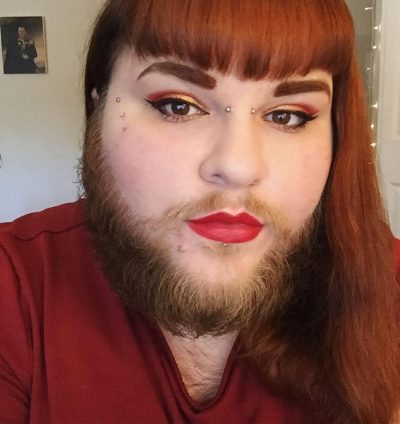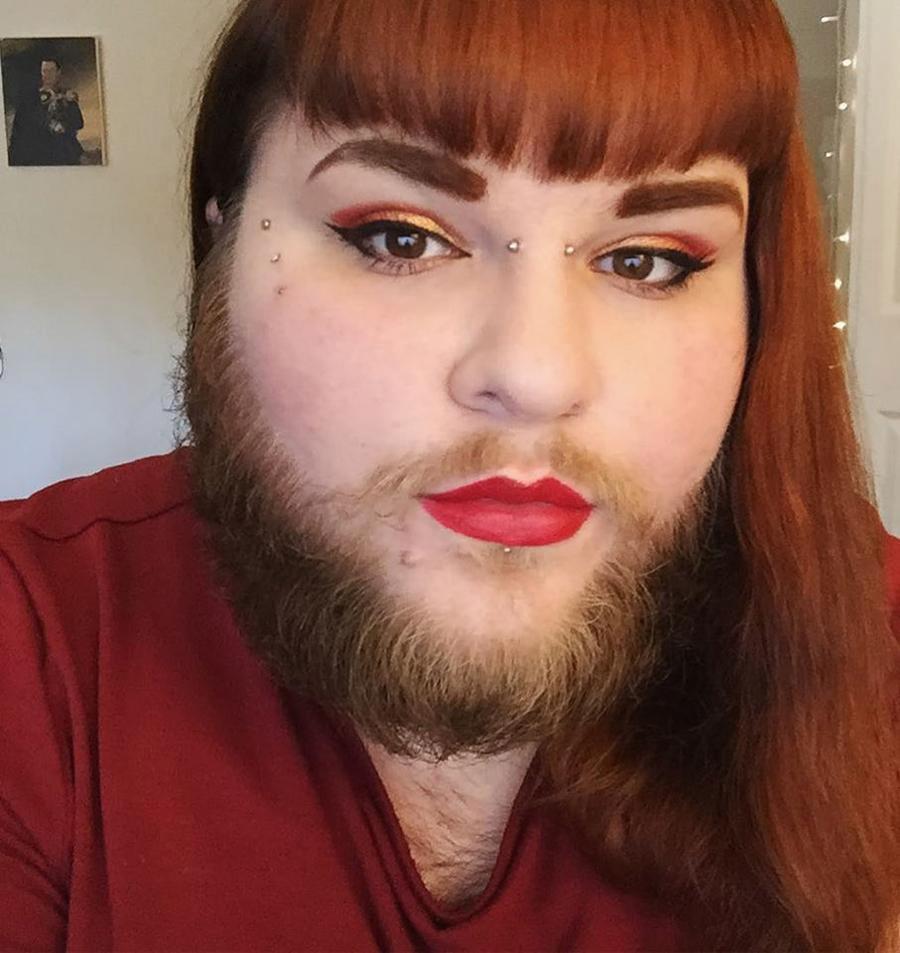
Polycystic Ovary Syndrome (PCOS): Causes, Treatment
Polycystic ovary syndrome (PCOS) is a hormone-related disorder that affects a number of women of reproductive age. The exact cause is not known. But it remains a major cause of infertility in women who don’t ovulate.
Affected women usually experience; menstrual disorders (like amenorrhea, etc), inability to ovulate & symptoms of excessive male hormones production (such as too much facial hair (beards) & pimples (acne)).
You see that obese woman with beards and lots of pimple and has no child? Please stop making fun of her saying that she’s so wicked and that’s the reason why she has no child of her own. Step back and think. She most likely has PCOS.
What Is Polycystic Ovary Syndrome (PCOS)?
It’s a common hormonal disorder found in women of child bearing age. That is, in women who are between the ages of 12 – 50 years. It affects about 1 in 10 women. The ovaries develops small collections of fluid called (Follicles) and may fail to release eggs regularly causing irregular menstruation.
What Are The Causes Of Polycystic Ovary Syndrome (PCOS)?
The cause of Polycystic Ovary Syndrome (PCOS) is not so clear at this time. However, there are factors such as Genes, Hereditary, excess insulin and androgen that has all been documented to play a part in the development of this disorder.
The focus at this time is in the early diagnosis and prompt treatment that will help in reducing the risk of long term complications.
Signs And Symptoms Of Polycystic Ovary Syndrome (PCOS)
These symptoms may start from the onset of the very first menstrual flow (commonly around the age of 10-12). If you notice you have at least 2 of these symptoms, see your doctor!
- Irregular Period: This is due to the fluid collections on the ovaries making your menses irregular, infrequent or prolonged and very heavy flow. It may be amenorrhea (absent menstruation) or oligomenorhea (cycle length of more than 35days).
- Excess Androgen: Androgen is a male sex hormone produced by the ovaries in small quantity but in PCOS, it’s excessive. It causes signs like excess facial and body hair(beards in a female), severe acne (pimples) and male pattern baldness like.
- Polycystic Ovaries: The ovaries might be enlarged and contain follicles (fluid collections) that surround the eggs causing the ovaries not to function properly. This could be seen on an abdominal ultrasound scan.

In summary, people with PCOS may experience;
- infertility
- absent or reduced menses
- recurrent miscarriages
- Hypertension (high blood pressure)
- type 2 diabetes
- overweight (Obesity)
- higher risk of heart disease &
- hirsutism i.e. excess facial & body hair
However, some may also show none of these symptoms (asymptomatic).
Note that: PCOS signs and symptoms are severe in obese females.
Complications Of PCOS
- Infertility: It affects the ovaries that’s why early diagnosis is important. Read more about infertility here.
- Diabetes: The body is resistant to insulin, the hormone that controls excess sugar causing diabetes. Read more about Diabetes here.
- Miscarriage: The ovaries are not producing the adequate hormone to sustain pregnancy leading to miscarriage or premature delivery. Read more about causes of miscarriages here.
- Metabolic Syndrome: A cluster of conditions such as Hypertension, Diabetes, Abnormal Cholesterol e.t.c.
- Abnormal Uterine Bleeding
- Depression, Anxiety and Eating Disorder.
- Endometrial Cancer.
Is Polycystic Ovary Syndrome (PCOS) Curable?
Its not curable but the symptoms can be managed so as to reduce its complications.
Treatment for Polycystic Ovary Syndrome (PCOS)
In some cases, a surgery is done to remove the tissues forming excess male hormones but early presentation and treatment remains key!
To treat PCOS, lifestyle advice is crucial they include: diet, exercise & weight loss plans.
Other possible interventions;
- Anti-adrogens for the male like facial hairs.
- Drugs/surgery to help with ovulation and improve fertility.
- Drugs to regulate periods and help with the Amenorrhea that is seen in this condition.
- Drugs for diabetes & high blood pressure.
- Drugs for Acne (pimples) &
- Topical hair removers like Eflornithine.
So, how can you cope with PCOS?
Foods to eat: do well to eat high-fiber diets, rich in vegetables & fruits, lean protein e.g. fish, as well as anti-inflammatory foods like turmeric & tomatoes.
Foods to avoid: limit consumption of refined carbohydrates (like white bread), sugary snacks, fizzy drinks, processed & red meats.
A person with Polycystic Ovarian Syndrome PCOS, should:
- Get regular exercise: at least 30 minutes of exercise, 5 days of every week.
- Maintain a healthy weight: your dietician & doctor can help you attain your weight goals & prevent Obesity.
- Control your blood pressure, blood sugar & cholesterol, possibly with medications.
Can a woman with Polycystic Ovary Syndrome (PCOS) have babies?
Of course!
While it is observed that, that ladies with this condition may struggle to become pregnant & also have a higher risk of having pregnant-related complications, but they can surely get pregnant & become happy mothers with healthy babies if their conditions are properly managed.
Check yourself, and if you notice any of the listed symptoms, Please talk to your gynecologist to know the treatment option available for you. Women with PCOS can have children.
Remember, women with PCOS did not choose to be born this way. They didn’t choose to be fat nor have facial hair. They’re normal human beings like any other person & hence, we must not stigmatize them. We must respect them.
Feel free to ask questions below.
Leave a reply
Leave a reply